Stroke – Adult
What is a Stroke?
Strokes can have a significant impact on the activities of daily living, including difficulty communicating with others. Depending on the area of the brain affected, stroke survivors may have difficulty with listening, talking, reading and/or writing. There are different names for these language difficulties, such as aphasia or dyphasia.
After a stroke, there may also be muscle or nerve problems in the head, neck, and chest. These can result in difficulties with eating, swallowing (dysphagia), breathing, and speaking (dysarthria). If other areas of the brain are affected by the stroke, the person may have cognitive or executive functioning difficulties impacting memory, thinking, reasoning, and planning. Hearing may also be affected by a stroke.
What can professionals do to help?
Speech-language pathologists (SLPs) can help persons who have suffered a stroke and, as a result, experience difficulty with speech, language, voice, or swallowing. The SLP will complete an assessment of strengths and challenges in these areas. If appropriate, the SLP will then provide therapy that involves working directly to help a person communicate more effectively and cope with changes to their daily activities.
SLPs work with families to understand the difficulties the client is having and how to help communication in daily life. SLPs work in hospitals and the community to assess communication difficulties and offer rehabilitation. Private SLP services are also available.
See aphasia, apraxia, dysarthria or swallowing problems in our Disorders section for more information.
The audiologist is the person who can evaluate the hearing abilities of someone who has suffered a stroke. Hearing testing will determine if there is a hearing loss, if hearing aids are needed, and if aural rehabilitation will help the stroke survivor to function and communicate more effectively in their daily lives.
